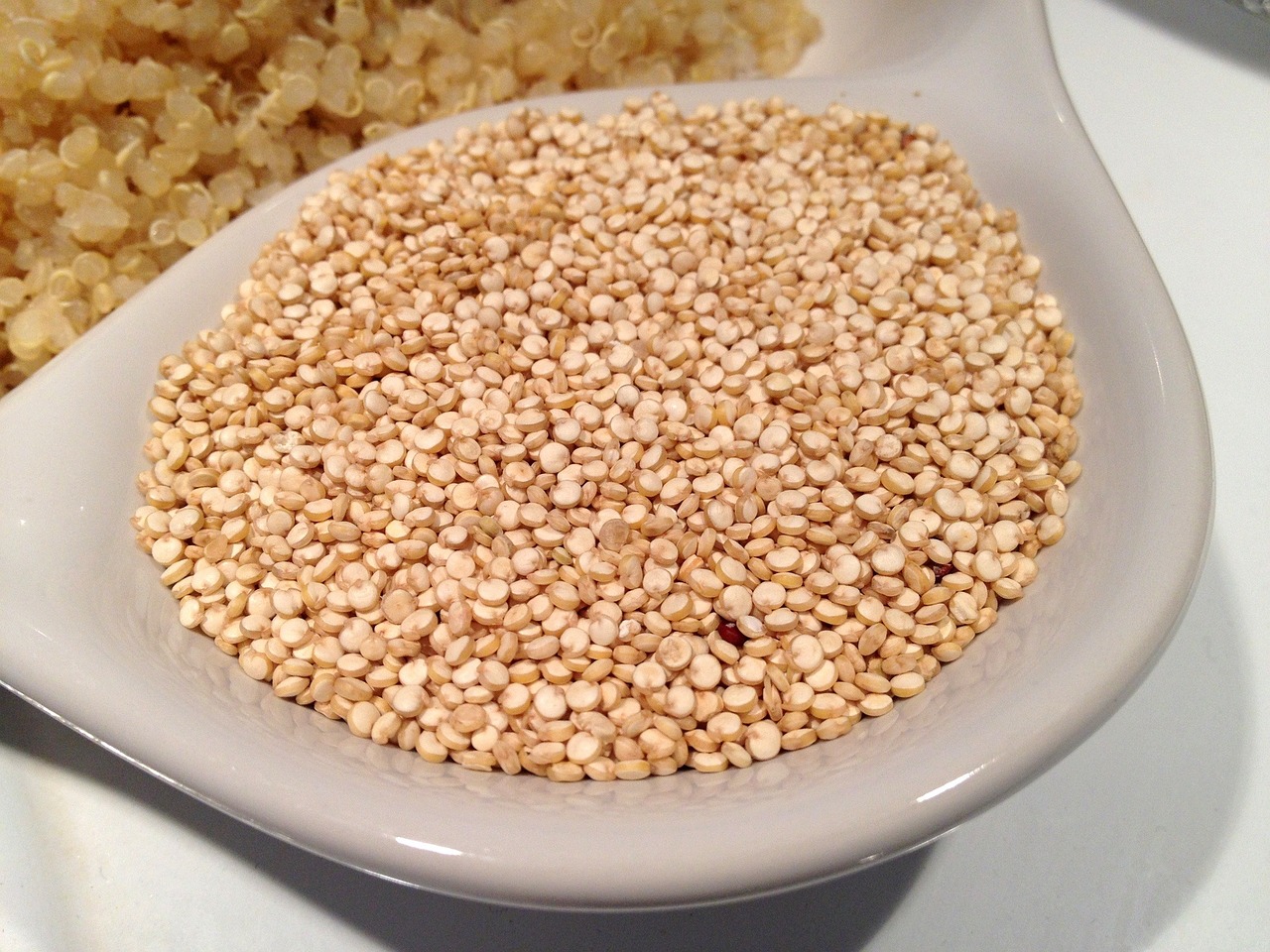In the world of nutrition, there are few duos as powerful as grains and protein foods. Grains provide us with energy, while protein foods help in building and repairing tissues. Together, they form a nutritional powerhouse that fuels our bodies and supports our overall health. In this article, we will explore the benefits of incorporating grains and protein foods into our diet and how they work together to promote optimal well-being.
The Importance of Grains:
Grains, such as wheat, rice, oats, and barley, are an essential component of a balanced diet. They are rich in carbohydrates, which are the primary source of energy for our bodies. Grains are also packed with dietary fiber, vitamins, and minerals, making them a valuable addition to our meals. Whole grains, in particular, contain bran, germ, and endosperm, providing us with a wide range of nutrients and health benefits.
Protein Foods: The Building Blocks of Life:
Protein foods, including lean meats, poultry, fish, beans, lentils, and tofu, are the building blocks of life. They are responsible for the growth, repair, and maintenance of our body tissues. Proteins are composed of amino acids, which are necessary for the production of enzymes, hormones, and antibodies. Including protein-rich foods in our diet helps to support muscle growth, boost immune function, and promote healthy skin, hair, and nails.
The Synergy Between Grains and Protein Foods:
When grains and protein foods are combined in a meal, they create a powerful synergy. By pairing grains with protein sources, we enhance the nutritional value of our meals and improve our overall health. The carbohydrates in grains provide energy, while the proteins help to slow down the digestion process, resulting in a sustained release of energy. This combination helps to keep us feeling fuller for longer, reducing the temptation to snack on unhealthy foods.
Maximizing the Benefits:
To maximize the benefits of grains and protein foods, it is important to choose whole-grain options and lean protein sources. Whole grains offer more fiber, vitamins, and minerals compared to refined grains, which have been stripped of their nutrients. Lean protein sources, such as skinless poultry, fish, legumes, and tofu, are low in saturated fats, making them healthier choices for our hearts.
Incorporating Grains and Protein Foods into Your Diet:
Incorporating grains and protein foods into your diet is easier than you might think. Start by swapping refined grains for whole grains in your meals. Opt for brown rice instead of white rice, choose whole wheat bread over white bread, and experiment with ancient grains like quinoa and farro. When it comes to protein foods, diversify your sources by including plant-based options like beans, lentils, and tofu, in addition to lean meats and fish.

